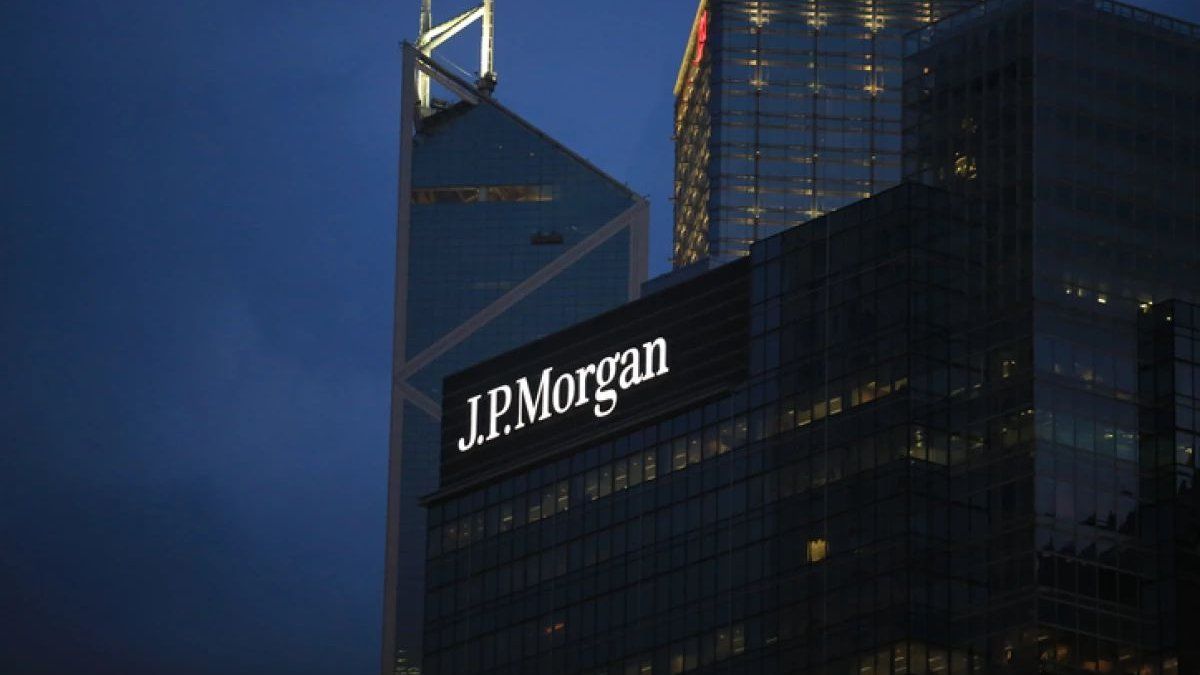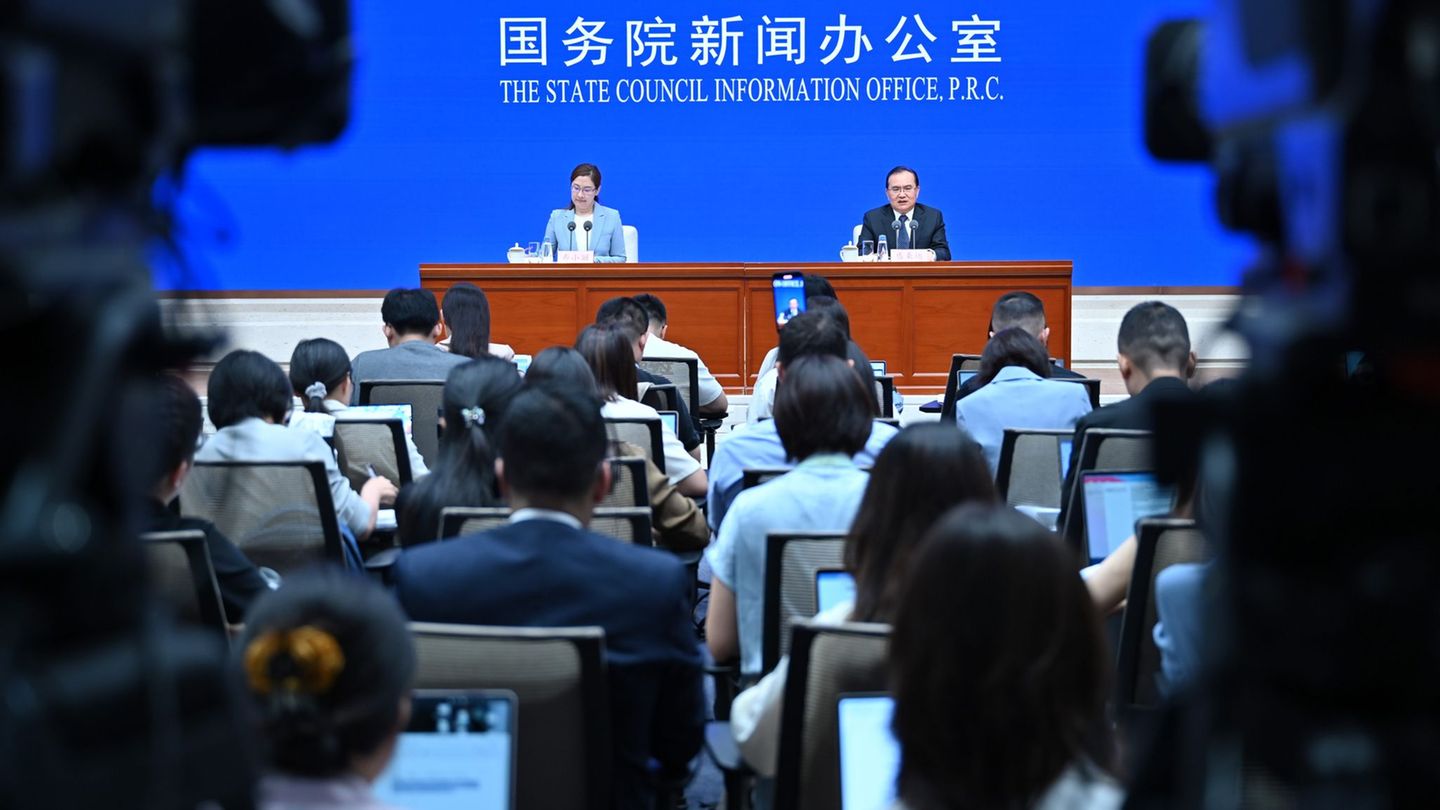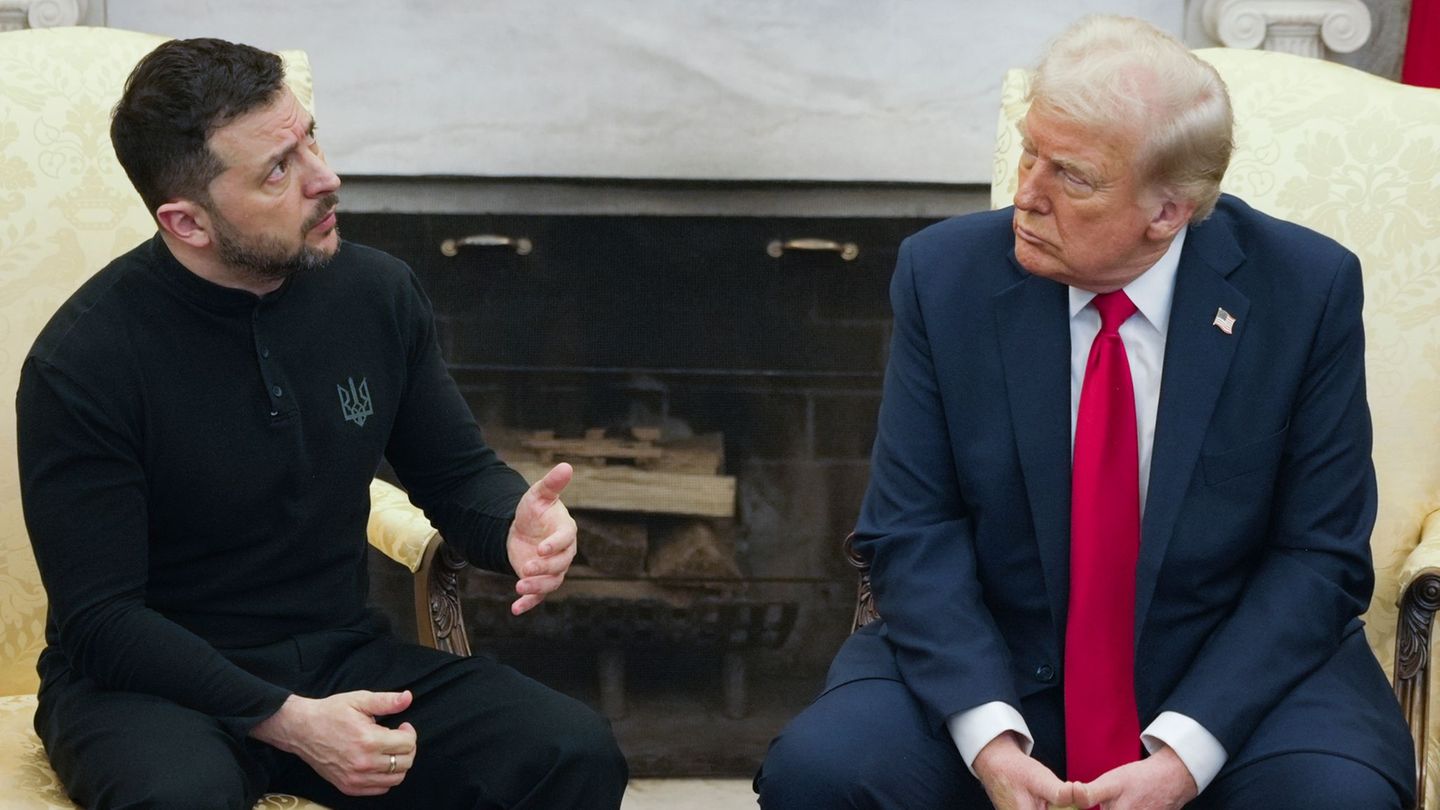The only CEO of a major Wall Street bank to hold his position since before the 2008 financial crisis, Jamie Dimondthe CEO of JP Morgan, took advantage of his last annual letter to investors, known this Tuesday, to give his point of view on the recent banking crisis in the US and to present his forecasts for the country’s economy.
As he expressed, without mincing words, over 43 pages, regulators were partly to blame in recent financial turmoil for incentivizing banks to invest in government debt and imposing the wrong stress tests.
Dimon’s first victim in his letter is the US Federal Reserve. As he explained, the blunders of Silicon Valley Bank (SVB) were encouraged by US regulation, were not scrutinized by the Fed, and were “hiding in plain sight” until Wall Street and depositors became alarmed. For the CEO of JP Morgan, this episode “is not over yet” and will have “repercussions for years”.
Dimon also took the opportunity to ask the US authorities not to “overreact” with more rules after what happened. The sharpest comments in the letter were directed precisely against regulation, including the capital rules that pushed banks to soar with low-interest assets that lost value when interest rates soared.
“Ironically, banks were incentivized to hold very safe government securities because regulators considered them very liquid and had very low capital requirements,” he claimed. Worse still,” she stressed, “The Federal Reserve did not stress test banks on what would happen when rates rose.”
When Silicon Valley Bank’s uninsured depositors realized it was losing money selling securities to meet withdrawal requests, they rushed to withdraw their money. Regulators then intervened. “This is not to absolve the bank’s management, but to make clear that it was not the best time for many of its participants. All these colliding factors became critically important as the market, rating agencies and depositors focused in them”Dimon wrote.
However, he stressed that “most importantly, recent events are nothing like what happened during the 2008 global financial crisis (which barely affected regional banks).” “The current banking crisis affects far fewer financial players and has fewer problems than must be resolved”, added.
He also defended himself against criticism of the big banks on this occasion: “Any crisis that damages Americans’ confidence in their banks hurts all banks, a fact that was known even before this crisis. While it is true that this banking crisis ‘benefited’ the largest banks because of the influx of deposits they received from smaller institutions, the idea that this bankruptcy was somehow good for them is absurd.”
“While this crisis will pass, lessons will be learned, leading to some changes to the regulatory system. However, it is extremely important that we avoid knee-jerk, slam-dunk or politically motivated responses, which often end up achieving the opposite of what was intended. Now is the time to think deeply and coordinate complex regulations to achieve the goals we want, while eliminating costly inefficiencies and conflicting policies,” Dimon added about possible further steps by the regulator.
According to Dimon, the complex regulation is driving the banks out of the mortgage business by increasing the cost of making and servicing loans, as well as legal liability. JP Morgan is “hanging in,” but many banks are already they have gotten rid of a large part of this business, he stressed. Wells Fargo announced earlier this year that it is slashing its mortgage operations.
JP Morgan is trying to ease the impact of regulations that require it to hold more capital by exploring lines of business that require little or no capital, Dimon said. That can include the expansion in the field of trading providing valuable data and analysis, as well as trips and relevant offers in the businesses of consumer banking, wealth management and payment services, among others. The bank is more rigorously evaluating the clients it does business with, he adds.
Banking crisis: from “hurricane” to “storm clouds”
Regarding the US economy, Dimon defended that this He is in good health and will continue to be so for decades to come. Despite market volatility, he wrote that consumers they spend 23% more than before the crisis and have $1.2 trillion of “excess cash” in their checking accounts. Other positives he cited are “extremely low” unemployment, a clear rise in wages, “especially at the lower end,” “ten years of home and stock appreciation.” Likewise, he emphasized that “Businesses are pretty healthy and credit losses are extremely low.”
“Regardless of how events unfold, it is likely that within 20 years the US GDP will be more than double what it is today,” he said. Along these lines, Dimon redoubled his commitment to the US: “My friend Warren Buffett points out that the success of his company is based on the extraordinary conditions that our country creates.” A few words that clash with his catastrophic forecast last June, when he spoke of a “hurricane” in the economy due to high inflation and rapid rate hikes.
The hurricane appears to have stayed in “storm clouds”, that they can “dissipate peacefully and painlessly”, though, of course, Dimon took pains to say that you are fully prepared for a bad result. “When you talk about risk for too long, it starts to cloud your judgment. Looking ahead, the positives are huge.”he excused himself.
Artificial Intelligence and possible succession
Dimon also referred to Artificial Intelligence (AI), as well as his future at the helm of JP Morgan. Artificial intelligence is “extraordinary” and will be crucial to the future of the bank, has pointed out. The entity already has over 300 technology use cases and is exploring ways to “grow and empower employees”, even with ChatGPT, the popular natural language processing tool. Although AI can be useful in areas such as marketing and risk detection, is essential to prevent fraud and defend against attacks on the bank and markets, Dimon said. “Because you can be sure that the bad guys will use it too.”
Source: Ambito
I am a 24-year-old writer and journalist who has been working in the news industry for the past two years. I write primarily about market news, so if you’re looking for insights into what’s going on in the stock market or economic indicators, you’ve come to the right place. I also dabble in writing articles on lifestyle trends and pop culture news.




